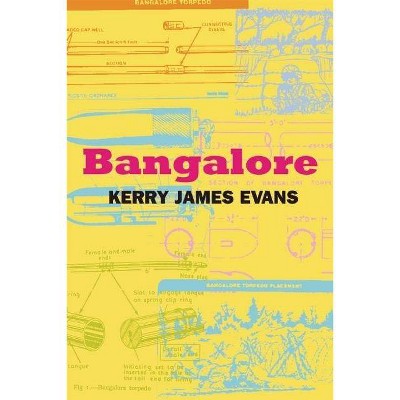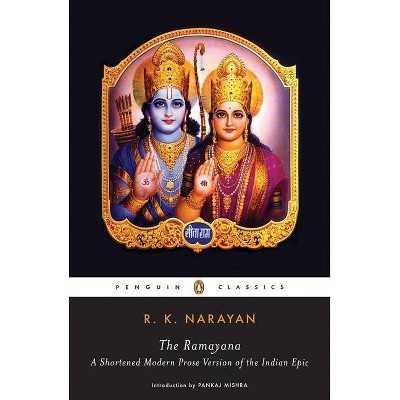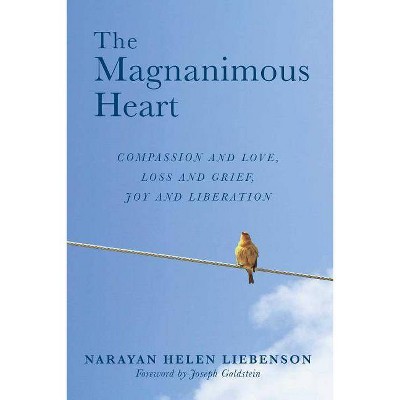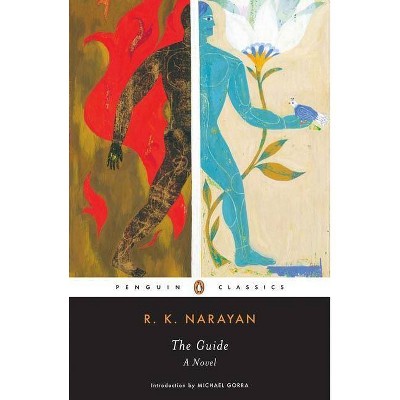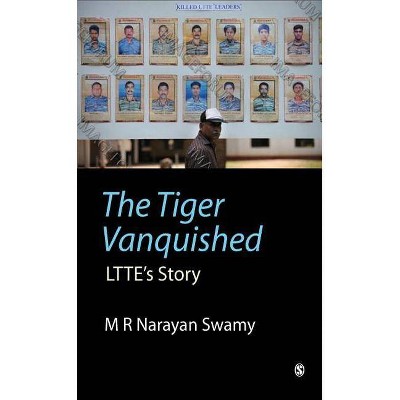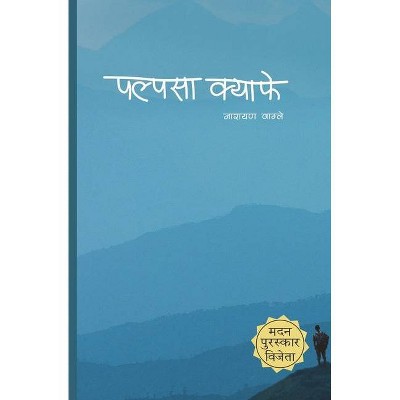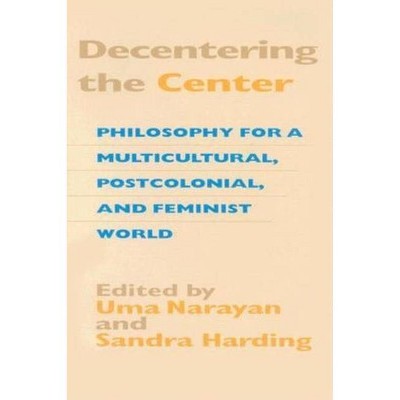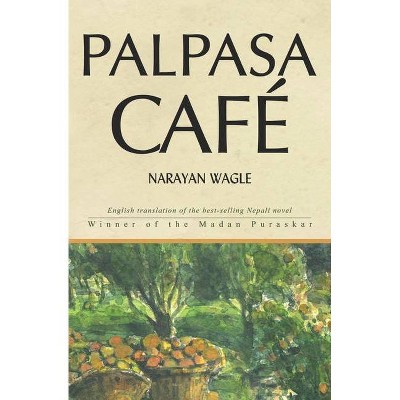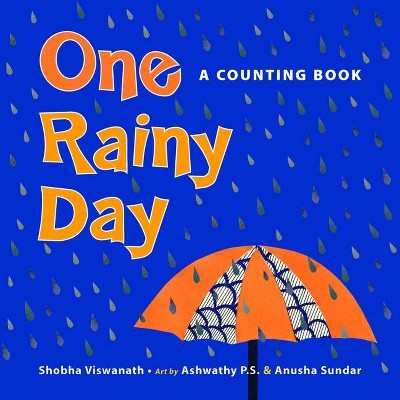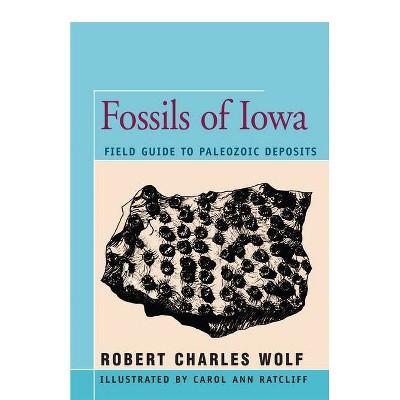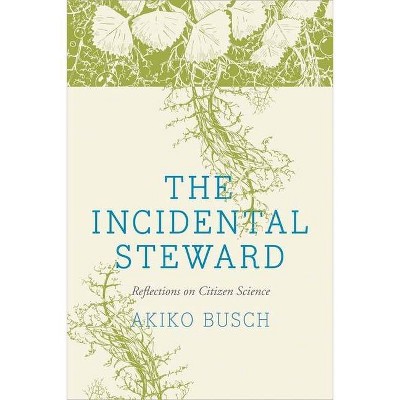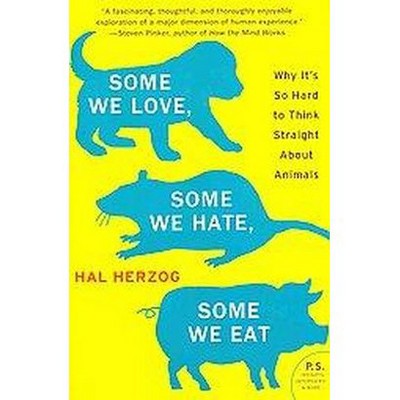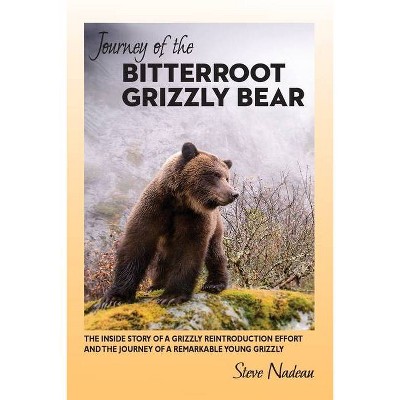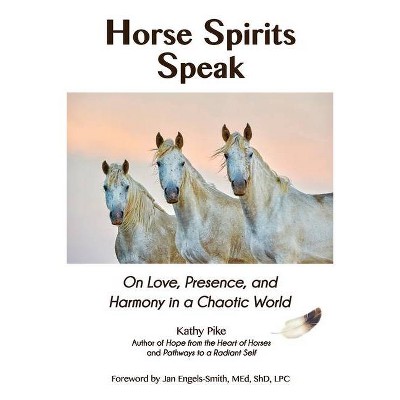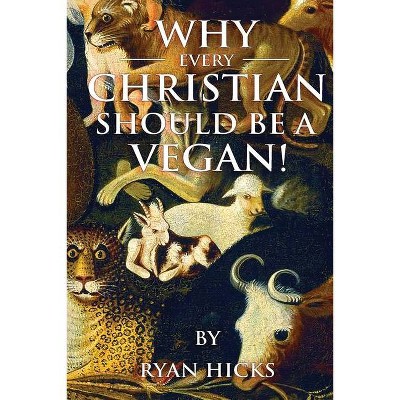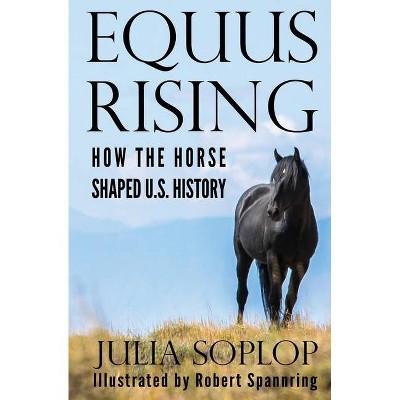The Milk Lady of Bangalore - by Shoba Narayan (Paperback)
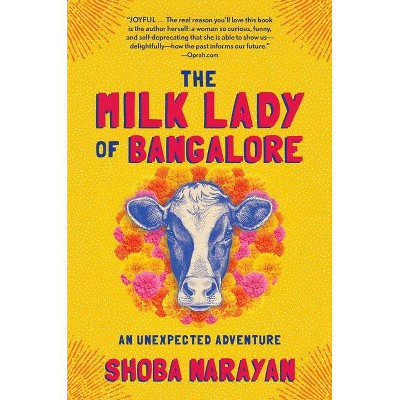
Similar Products
Products of same category from the store
AllProduct info
<p/><br></br><p><b> About the Book </b></p></br></br>"In this true story about two women and the animal they share, readers are treated to an insider's view of India, as well as a window into our universal connection to food and its sources"--<p/><br></br><p><b> Book Synopsis </b></p></br></br><i><b>The elevator door opens. A cow stands inside, angled diagonally to fit. It doesn't look uncomfortable, merely impatient. "It is for the housewarming ceremony on the third floor," explains the woman who stands behind the cow, holding it loosely with a rope. She has the sheepish look of a person caught in a strange situation who is trying to act as normal as possible. She introduces herself as Sarala and smiles reassuringly. The door closes. I shake my head and suppress a grin. It is good to be back.</b></i> <p/> When Shoba Narayan--who has just returned to India with her husband and two daughters after years in the United States--asks whether said cow might bless her apartment next, it is the beginning of a beautiful friendship between our author and Sarala, who also sells fresh milk right across the street from that thoroughly modern apartment building. The two women connect over not only cows but also family, food, and life. When Shoba agrees to buy Sarala a new cow, they set off looking for just the right heifer, and what was at first a simple economic transaction becomes something much deeper, though never without a hint of slapstick. <p/><i>The Milk Lady of Bangalore</i> immerses us in the culture, customs, myths, religion, sights, and sounds of a city in which the twenty-first century and the ancient past coexist like nowhere else in the world. It's a true story of bridging divides, of understanding other ways of looking at the world, and of human connections and animal connections, and it's an irresistible adventure of two strong women and the animals they love.<p/><br></br><p><b> Review Quotes </b></p></br></br><br>"An absolute joy to read. Through her close encounters with the bovine kind, Narayan shows how Indian traditions are incorporated into her contemporary way of life." <br><b>--</b><b><i>Library Journal, </i></b><b>starred review</b> <p/> "Sincere and laugh-out-loud funny . . . Narayan's rich and evocative writing transports readers to the busy streets of Bangalore and a fully formed picture of modern India." <br> --<b><i>Kirkus Reviews</i></b> <p/> "Filled with the vivid colors, sights, and sounds of a vibrant and ancient culture, Narayan's in-depth treatment of cow mythology is a beautiful ode to her motherland." <br> --<b><i>Booklist</i></b> <p/> "Lovely, lighthearted . . . a journey through cultural mores and female friendship, as well as a look at the spiritual and historical part that cows play in India; an easy read that you can't help but love." <br><b>--Refinery29</b> <p/> "Anyone with the slightest interest in India or cows will find Narayan's memoir, with its myriad insights, a delight." <br><b>--<i>Shelf Awareness</i></b> <p/> "The relationship that forms between Shoba Narayan and her milk lady is wildly funny, and completely real. It's so rare to find friendships like this that cut across class." <br> --<b>Arun Venugopal, host of WNYC's <i>Micropolis</i></b> <p/> "Narayan imparts well-researched, intriguing, and sometimes humorous facts about the complex role of cows in Indian culture." <br><b><i>--New York Journal of Books</i></b> <p/> <br> "Shoba Narayan offers a surprisingly fresh understanding of everyday life in the land of the sacred cow, overflowing with the daily contradictions and ironies that India so richly offers up to the discerning eye, in a wonderfully eloquent generational saga, intertwined with milk, dung and Uber." <br> --<b>Raju Narisetti, CEO, Gizmodo, and former managing editor of <i>The Washington Post</i> </b><br>
Price History
Price Archive shows prices from various stores, lets you see history and find the cheapest. There is no actual sale on the website. For all support, inquiry and suggestion messagescommunication@pricearchive.us
